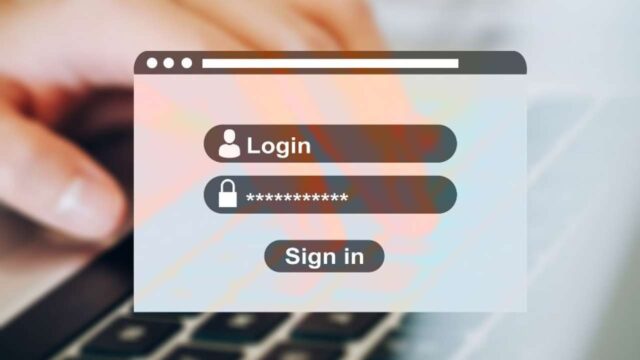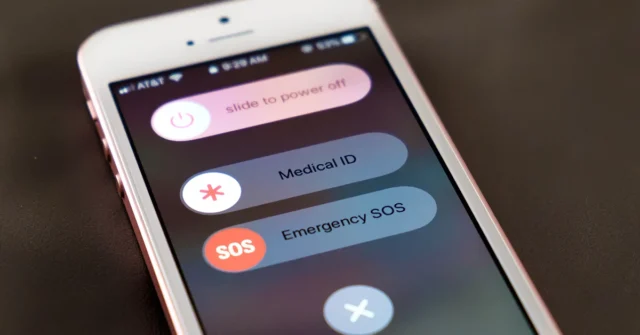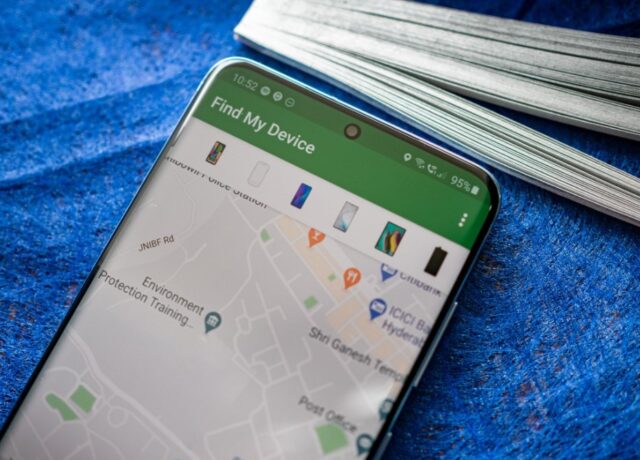
Being a parent is much easier said than done, especially nowadays. Your kids are basically growing up online, and it is your responsibility as a parent to know a few things about mobile security. What you also have to do is teach your kids everything they need to know, so you can rest assured that they know how to handle themselves online.
Today, we’re going to go over some basic mobile and online safety rules that every parent should know. In addition to that, we’re also going to go over the most important things you, as a parent, should teach your child.
Let’s begin.
1. Using A New Password Every Time Matters

Both you and your child need to be aware of the importance of passwords. Whether we’re talking about a PIN code to access your phone’s SIM card, lock code that unlocks a mobile phone, or any of the online passwords, the key thing is – they all need to be the same.
Now, we’re fully aware that it can be quite difficult remembering all the passwords, considering how many services we use, but you can use a simple trick which is to use multiple similar passwords.
The key is to use a secure password for most important services, especially those that may hold sensitive information. So, even if you do repeat yourself once or twice, which is bound to happen, you at least have a secure password set in place.
2. Keeping A Recovery Phone On Device Can Be Helpful
Most of the time, we keep our phones in cases, which is good for two reasons. One – you protect your device from physical damage, and two – you can put some contact info on the inside of this case.
In the case of your child’s phone – you can do two things.
Firstly, you can put a small piece of paper with your number on it somewhere inside of the case, so if your child happens to lose the phone, the founder could contact you.
Secondly, you can set the lock screen message that says “Recovery contact info found in the back of the case”, as not everyone will think to pull the phone out.
3. Set Your Number As Your Child’s Emergency Contact

Arguably the most important thing to know about mobile safety is emergency contacts. Namely, you absolutely must set your number as your child’s emergency contact. In case anything happens, you have to be the one that gets the call.
Also, in case your child does a great job with passwords, and anyone’s unable to access their phone – the only number they’ll be able to dial is yours. Even if a phone is locked – you can call an emergency contact and access medical ID – if the feature’s enabled and supported by the device.
4. Equip Your Child’s Phone With Security Software
One of the easiest ways to ensure mobile safety on your child’s device is to install security software like the one from www.chamspy.net on their phone.
Security software will be able to help you know your child’s location at all times and even allow you access to their browser history, call history, message history and so on.
And, if you’re worried about the legality of all this – don’t be. As long as you’re the owner, meaning you bought the device – you are fully within your rights to do so, even if your child disagrees.
5. Activating Find My Phone Services Is Crucial

Find My Phone is another thing that every parent should be aware of. Essentially, it’s linking your device and your Google/Apple account and enabling reverse tracking.
A feature like this can be useful in plenty of situations. It can be used to locate a misplaced phone, call a phone, or even to just easily track the location of the phone.
This feature’s built-in any modern device, so you won’t have to jump through hoops to set it up. It will literally take less than two minutes, so get it done.
6. Have The Ability To Wipe The Phone Remotely
Another thing that’s closely related to the “Find My Phone” service is remote accessing the device and wiping it clean if necessary.
In case your child’s phone gets lost or stolen, having the ability to remotely access it and wipe it clean is paramount. You want to make sure that if the phone ends up in another person’s hands that they can’t access any of the private information that may be on the phone.
7. Teach Your Kids Not To Respond To Unknown Numbers

We’ve been taught not to talk to strangers in real life. Our kids, on the other hand, need to be taught not to talk to unknown people on the internet.
It is absolutely imperative that you teach them everything they need to know when it comes to the dangers of the internet and mobile devices. Some of the essentials are:
- Don’t respond to texts from unknown numbers.
- Don’t respond to emails from unknown email addresses.
- Don’t share any private information with anyone online.
8. Set Clear Rules About Phone And Internet Usage
Mobile safety isn’t just about protecting yourself from others, but also about protecting yourself – from yourself.
Namely, children are very likely to become overly attached to their smartphones, so you have to teach them how to responsibly use their phones. Also, you have to set clear rules and boundaries early on.
Some of the common ones are:
- No browsing the web after bedtime.
- No more than an hour a day on YouTube.
- No more than three hours of screen-on time.
- No phones in the bedroom.
9. Explain Safe Browsing To Your Kids

Your kids will easily get a hold of how to use a phone, browse the web, and so on. But, it is up to you to teach them how to use it responsibly. Explain to them what safe browsing is, which sites they can and which sites they can’t access, and more.
Explain to them, in a simple manner, what internet scams are, what phishing is, and so on. That way, you can be certain they won’t accidentally empty your bank account, give away your home address, or any other sensitive private data.
Conclusion
Mobile safety is something that’s often overlooked, as we’ve become pretty much synonymous with our phones, so we don’t really think too much about it. However, that is precisely the reason to be concerned with it.
Hopefully, our little guide has taught you all the essentials that you need to know and teach your child.







